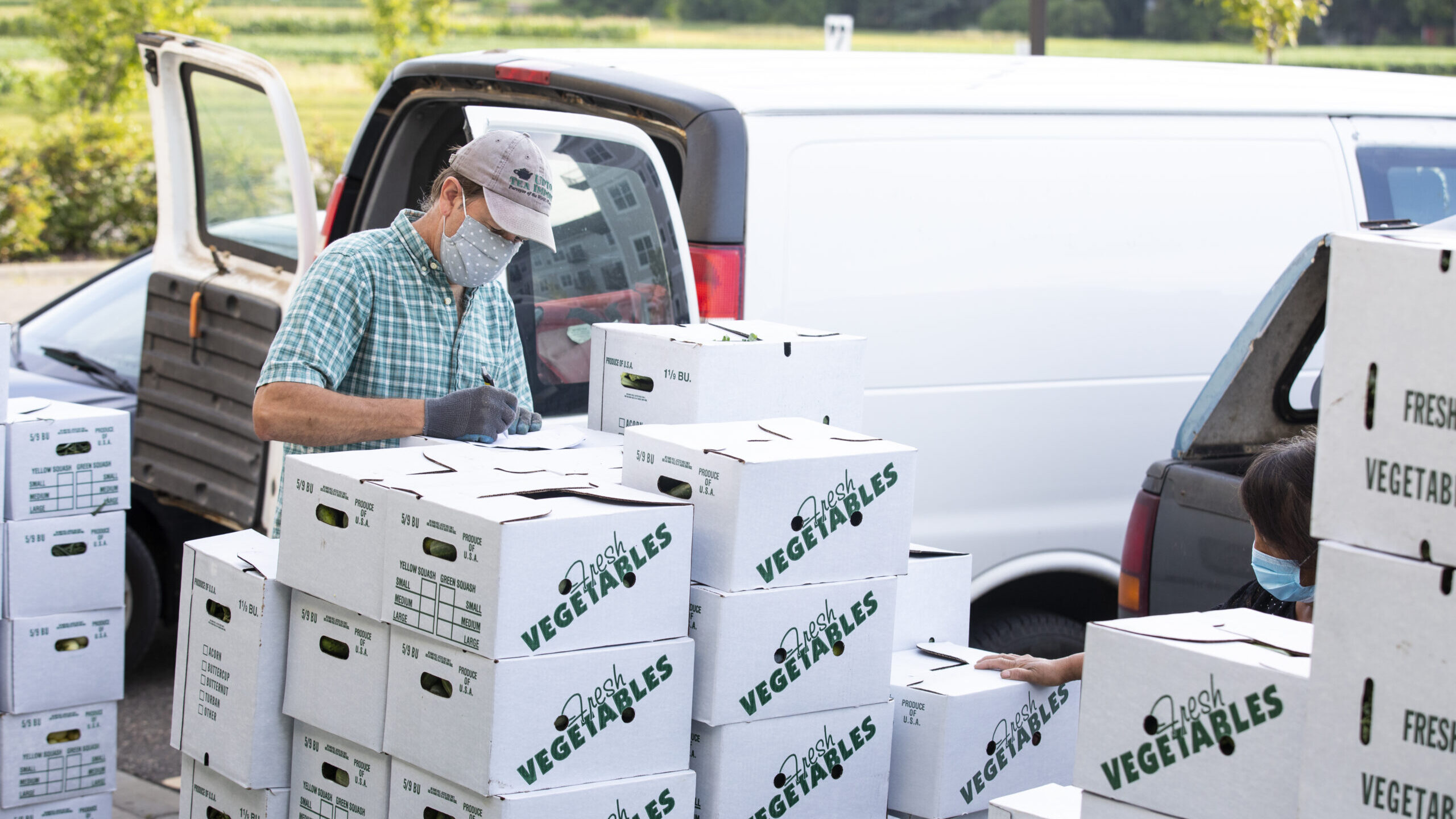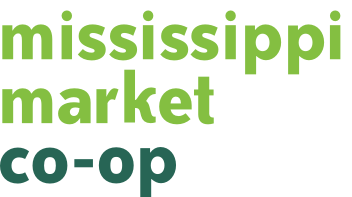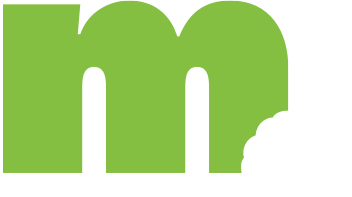
A Q&A with Nikki Warner, Communications Director at The Good Acre
Why did you start the LEAFF program?
LEAFF was launched as a collaboration among The Good Acre, Mill City Farmers Market, Lakewinds Food Co-op, the Latino Economic Development Center, The Food Group and the Hmong American Partnership in response to the COVID-19 pandemic. We knew right away that farmers were going to face a significant decline in sales due to the closure of schools, corporate campuses, and lower attendance or full closures of farmers markets. With the rise in unemployment and economic downturn, it was also clear there was going to be an increase in the need for food access. LEAFF was created to address both issues.
How does the LEAFF program work?
LEAFF is not a grant, but a guarantee to buy up to $5,000 of produce from each accepted farm during the 2020–2021 growing season. Farmers are accepted into the program after completing an online application and undergoing a review process. Once it’s determined that a farm meets the criteria for the program and has been accepted, they can drop off their produce at The Good Acre each week, and farmers are paid a fair retail or farmers market price instead of wholesale price for what they bring. This purchased produce is then inventoried, made available to hunger-relief partners, and delivered in the next one to two days.
Who can apply to be a recipient?
The application is currently open to any farmer who identifies as Black, Indigenous or person of color (BIPOC) who is farming within 200 miles of the Twin Cities and whose gross farm sales are less than $100,000 a year.
What crops are accepted?
A variety of organic and nonorganic produce crops are accepted, from beets to zucchini. We also make an effort to purchase culturally specific items such as bitter ball eggplant, Malabar spinach, mustard greens, okra and sweet potato leaves.
Where does the surplus produce go once purchased?
Produce is donated to hunger-relief organizations including food shelves, schools distributing produce and organizations making prepared meals. Community School of Excellence, Minnesota Central Kitchen, Sanctuary Church, New Millennium Academy and Prairie Seeds Academy are just a few of the recipients of LEAFF produce since the program began in July.
How can co-op shoppers support the program?
Co-op shoppers can support the program by rounding up your purchase at the register and donating your bag credit during the month of October, or making a direct donation to the LEAFF Program. You can also support local farmers directly by purchasing local produce at the co-op!

